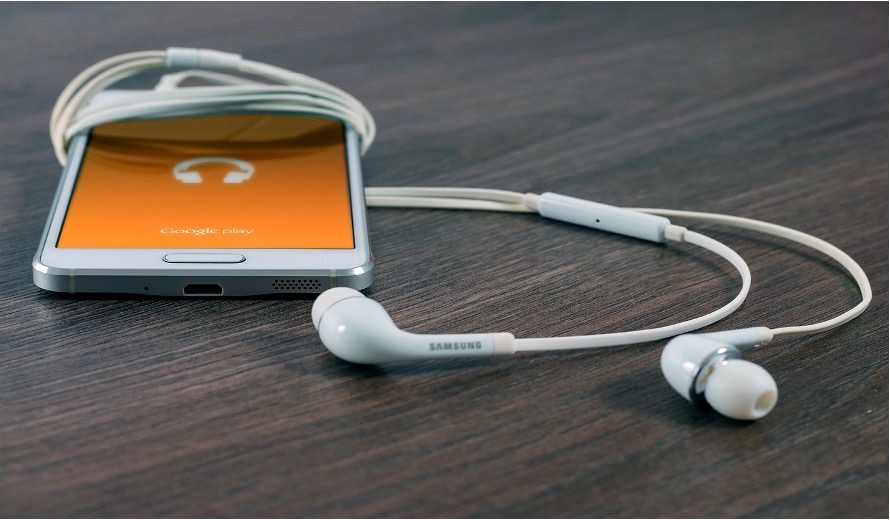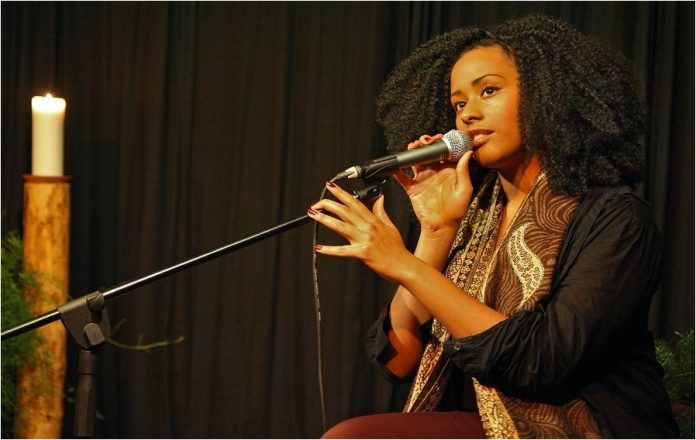A month ago, my Mum texted me a selfie before an important work meeting. She wore a vibrant pink collared shirt, with the top gold button done up. She was smiling mischievously, a playfulness in her brown eyes. She captioned the photo with the words, “Do I look like that bitch?” She also had attached a link to Doja Cat’s song “Boss Bitch.”
The message made me laugh, and I sent back a viral TikTok video from a couple of years ago that played Julia Gillard’s iconic misogyny speech, over TikTok star Abbey Hansen putting on makeup, with the same Doja Cat song closing the video.
As I drove home, windows down, with the sounds of CupCakKe’s “Lemon Pepper” filling the air, I reflected on the significance of the conversation with my Mum. The evolution of the word “bitch” from a derogatory term to one of empowerment used colloquially across generations is remarkable. I’m certain we can all remember when it was exclusively used to injure and demean women. But the repeated use of this word in music and popular culture has helped impregnate it with a new, assertive meaning – deployed when a woman embodies qualities akin to a “boss”.
The power of re-signifying words, particularly in music, is not a new revelation; it has been part of our cultural and linguistic discourse for years. In my English Major at university, we studied Judith Butler’s seminal work released over 25 years ago, Excitable Speech: A Politics of the Performative.
In this piece, Butler thoroughly dissects the power and impact of hate speech. She argues that hate speech not only reflects existing prejudices but also actively participates in the construction of oppressive social structures. She also emphasises the unique power of music, as an artist can repeat an injurious word, like “bitch”, and over time re-contextualise the word to remove its injurious effect.
After this conversation with Mum, I felt a new sense of excitement about the possibilities of re-signifying injurious words and the speed at which it is happening. The digitisation of music has meant more people are listening to more hours of music than ever. According to the Engaging with Music 2022 report, people spend an average of 20.1 hours a week listening to music, up from 18.4 hours in 2021. Not only has the number of hours increased, but the diversity of artists people are listening to has as well. We now find ourselves in a time where music consumption is high, and people are listening to more diverse voices. With these unique circumstances, we should see the effects of music on injurious language occur faster.

I tapped my fingers on the wheel to the beats of CupCakKe’s lyrics, “Do it doggy style while I eat some Scoob Snacks (Aw) / Might take a nap, make him eat it from the back.”
Chuckling at how clever, silly and open these lyrics are, I was also reminded about how far there still is to go. I played this song on my radio show on FBi Radio when it was first released in 2020. The Sydney community radio station is renowned for playing genre-bending, cutting edge, and at times frankly bizarre, music. So it was shocking to have a listener ring the studio to complain about the overly graphic detail of the lyrics and interrogate its appropriateness to be played on air.
The station policy requires a language warning before the commencement of a track with strong language, which I had done, so I could not see any reason for complaint. I felt discombobulated, as I was trying to panel the next song to play, so I muttered quickly how great it was to hear a sexually liberated woman express what she desired in the bedroom, and hung up.
The tension I experienced playing CupcaKke’s song mirrored broader public debates over Cardi B and Megan Thee Stallion’s 2020 number one hit song “WAP”. Conservative commentators like Ben Shapiro went viral after reciting the lyrics and saying that his wife, a doctor, had diagnosed the rappers with several vaginal issues. Another commentator claimed that “WAP” is “what happens when children are raised without God”.
These criticisms carry a clear undertone of misogyny and a fear of black female sexuality. Just dip your toes into the historical and recent discography of rap by male artists to see that they have also released sexually explicit songs ( “Throat Baby (Go Baby)” or “Big Pimpin”) with no one batting an eyelid.
Looking at sexually explicit songs by women through Judith Butler’s theoretical lens helps elucidate their significance in challenging oppressive structures. Drawing on the ideas of renowned theorist Catherine Mackinnon, Butler articulates that pornography silences women and can be viewed as a form of hate speech, wherein the visual image operates as an imperative.
To clarify, Catherine Mackinnon’s imperative is a type of speech act that can be likened to owning an attack dog and commanding it to attack. After this “command”, the dog will act swiftly and without hesitation, fulfilling what the owner requested. This analogy highlights Mackinnon’s view of the absolute power pornography holds to construct a reality that eroticises women’s subordination, making it real.
This analysis insists on porn’s role in shaping our reality. Porn is not the only reason that women are subordinate in society, but Butler and Mackinnon compellingly show it is one of the many elements that maintains female subjugation.
That is why soft porn songs like “WAP” or “Lemon Pepper” are essential listening. The lyrics in these songs construct a reality from the female gaze, one in which women are vocal and commanding. Discussing sex from a woman’s perspective normalises their pleasure and role in the bedroom. It challenges the perspective that sex is something men do to women.
Instead, it makes it clear that sex is something men and women do together. It’s important to note that the two song examples discussed throughout this piece are both by black women. If porn represents an attack on the reality of white women, it undoubtedly impacts women of colour who endure objectification under both the racist and patriarchal gaze.
I remember parking my car near my house, reluctant to cut the engine until the song had finished. Although many factors contribute to women’s subordination, it would be unwise to dismiss the role music and language have in shaping it. Songs like “WAP” or “Lemon Pepper” are not feminist manifests, but they challenge women’s socially constructed reality and allow women to reclaim language that once harmed them.
If these bitches continue to make songs with sexually explicit lyrics, over time women’s sexual desires and pleasure will become normalised, shifting their social reality for the better.


